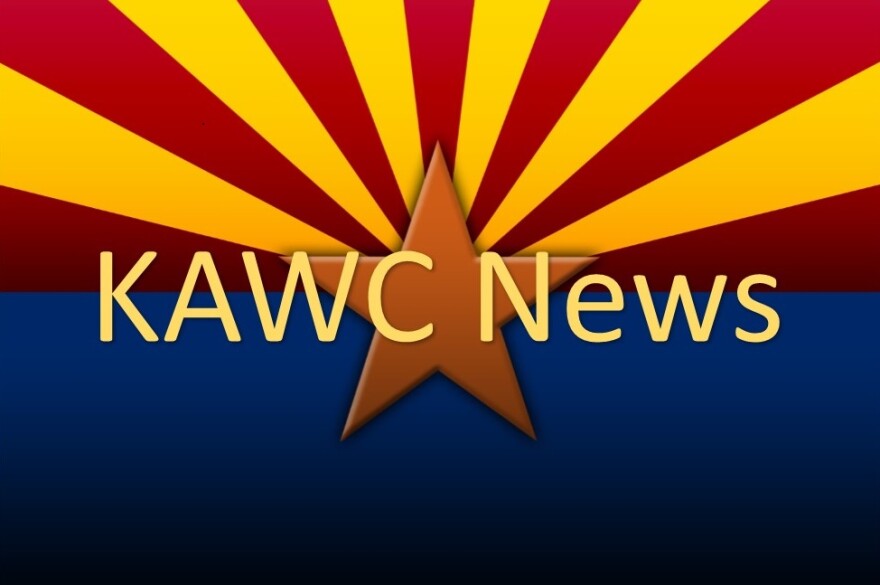By Howard Fischer
Capitol Media Services
PHOENIX -- A bipartisan coalition of legislators gave Gov. Doug Ducey a crucial victory Thursday as they approved his plan to expand off-reservation gaming in the state.
The 48-12 House on HB 2772 vote came despite concerns that the plan, crafted by the governor, effectively amounts to a give-away of valuable gaming rights to the owners of the state's sports franchises. That's because they would be the only ones who would be able to take wagers on the outcome of both professional and college sporting events.
In fact, Rep. Jeff Weninger, R-Chandler, who is carrying the bill for Ducey, acknowledged he could not say how much those franchises would have to pay for that exclusive right to make money off of gaming. Instead, he said, that would be set by the Arizona Department of Gaming whose director reports to the governor.
Pressed for details, Weninger said the experience from other states shows that these rights sell for anywhere from $500 to $20 million.
The flaw in all that, according to House Minority Leader Reginald Bolding, D-Laveen, is that it essentially gives the franchises the right to dictate what they want to pay. That's because no one else can bid against them.
"We are creating a market that only one set of players has access to,'' he said, leaving the state with "no real negotiating power on the fees.''
"If we decide to set the fees at $20 million, then sports teams say, 'no, we're not going to pay that $20 million,' there's nothing else that we can do,'' Bolding said. That's because there's nothing in the legislation that allows others to bid for the right.
"So then the Department of Gaming may have to lower the fees,'' he said.
Weninger did not dispute the exclusivity of the legislation. But he said that's justified because the franchise owners have shown an interest in the community and have a record of charitable works.
He acknowledged, though, that there is an interest in providing a financial boost to the sports franchises -- including football, baseball, golf, NASCAR and hockey -- saying they have been financially damaged by the shutdowns due to the COVID-19 pandemic.
Rep. Randall Friese, D-Tucson, had different concerns.
He cited a provision in the legislation that will allow what could amount to round-the-clock games of keno being conducted at not just "fraternal organizations'' like the American Legion but also at tracks. In fact, the measure as worded would permit a new game, essentially a form of lotto, every four minutes.
"People can lose paychecks over it,'' Friese said.
Even with the House vote, a significant hurdle remains.
The Senate is set to consider what was supposed to be parallel legislation, a maneuver designed to expedite approval. That's because enactment of this measure is linked to a plan being negotiated by the governor with tribes that would allow them to expand reservation gaming.
But SB 1794 also includes something not in HB 2772: a provision to allow wagering on so-called "historic horse races,'' essentially a new form of gaming designed to provide financial help to horse tracks.
Only thing is, that has not been agreed to by the tribes. And the deal is set up so that the state can expand off-reservation gaming only if the tribes agree -- and only to the extent of that agreement.
What the tracks want is, for all intents and purposes, is a new game of chance.
It would allow people using machines to wager on races that were run in the past. But bettors would have no information on the name of the horse or the date of the race.
The only bit of skill that might be involved is that they would be given some data on that horse's historical record and handicap.
Bettors could, if they want, then watch an animated reenactment of the race on which they wagered, though that is not required. Instead they could simply move on to bet on another historic rate.
In any case, the house -- meaning the tracks -- keep a cut of the overall betting pool.
The proposal by Sen. David Gowan, R-Sierra Vista, was approved last month by the Senate Appropriations Committee and now awaits debate in the full Senate.



